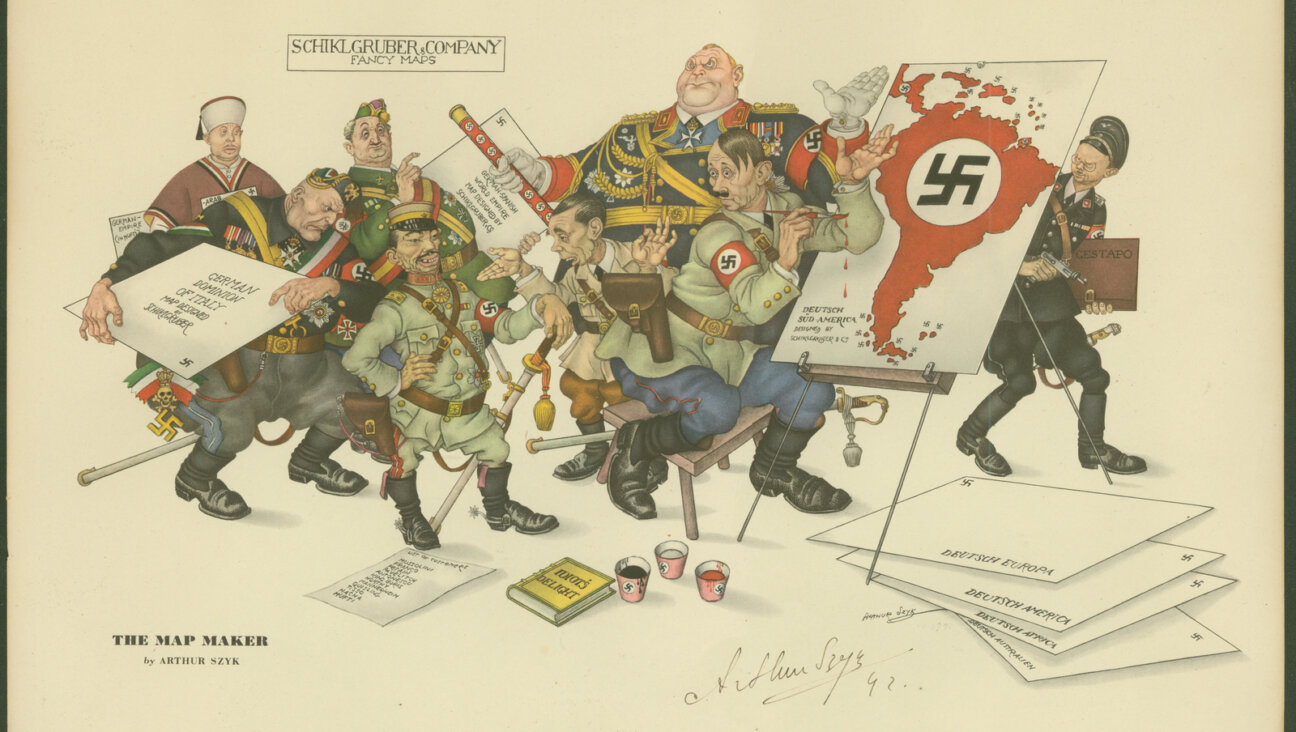Poll: Support for Israel is Strong
By a two-to-one margin, 62% to 31%, Americans believe their government should back Israel even if it leads to an increased probability of terrorist attacks against this country, according to a new survey of American attitudes toward the Middle East sponsored by the Anti-Defamation League.
The poll, conducted from December 1- 4, shows strong levels of support among Americans for Israel and the global Jewish community, and strong backing for a continued U.S.-Israel alliance. At the same time, the wide-ranging survey reveals skepticism about the current Israeli approach to peace in the Middle East, as well as a widespread sense of threat from other countries in the world.
Three-fourths of those questioned said the United States and Israel have a “special relationship” because of a shared commitment to freedom and democracy, and 61% see Israel as a “loyal ally of the U.S.” Asked whether they sympathized more with Israel or the Palestinians, 40% said Israel, while 15% said the Palestinians, 11% said both and 24% said neither.
Respondents affirmed by a strong margin, 57% to 31%, that America has a “moral obligation” to fight global antisemitism. Forty percent said antisemitism worldwide has reached its “most dangerous levels since the 1930s,” while 46% disagreed.
Support for Israel comes with a decided skepticism about the aims of Yasser Arafat and the Palestinians. Fully 57% of those surveyed said the “real goal” of Arafat and the PLO leadership is to destroy Israel, and 59% said the American and Israeli governments are “correct in their decision to stop dealing with Yasser Arafat.”
In a statement accompanying the survey’s release, ADL national director Abraham Foxman said the results show that “the American people continue to be fair in their assessment and understanding of the Israeli-Palestinian conflict.”
Despite support for the alliance with Israel, Americans do not strongly approve of its current approach to peace. Only 42% said “Israelis and their leader Ariel Sharon” are “genuinely interested” in a long-term peace agreement, while 36% said their real goal is “to squeeze the Palestinians into the smallest territory possible.” Even fewer, 38%, agree with the Israeli position that a long-term solution can be reached only once Palestinian violence has stopped, while 45% said the “peace process will be strengthened” by creating a Palestinian state “as soon as possible.”
A plurality, 44% to 31%, said America should work with Arab nations for peace even if it weakens U.S. relations with Israel.
Questions about the war in Iraq reveal similar conflicts. While 52% think the war was worth fighting, a plurality — 48% — said it has made America less secure by exacerbating anti-American sentiment, and 43% said it is more secure.
The ADL study replicated the questions in the now-infamous Eurobarometer poll, conducted in October, which asked Europeans which countries they consider a threat to world peace. In that survey more Europeans named Israel (59%) and America (53%) as threats than any other country on a list of 15 nations.
Americans were far less likely than Europeans to name these two countries as threats, though strikingly high numbers of Americans still named the United States, 37%, and Israel, 43%, as threats to peace.
While America and Israel ranked lower as threats in the ADL poll than in the European poll, every other country named was ranked higher as a threat by Americans than by Europeans. Americans said the most threatening countries were North Korea, at 77%; Iran, at 76%; and Iraq, which was named by 76% even though the war was long over when the survey took place.
The survey, conducted by the Marttila Communications Group, surveyed some 1,200 persons, with a 2% margin of error. Questions on the Middle East were posed to a so-called split sample of 600 persons, with a 4% margin of error.
















